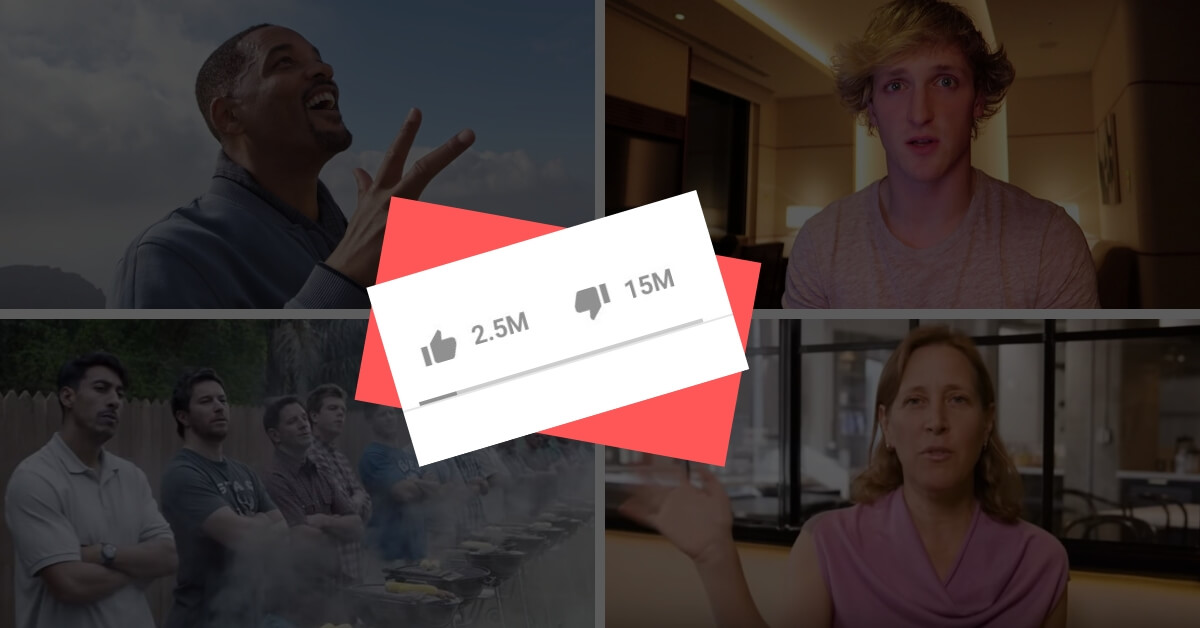YouTube seems to constantly be at war with its creators. Last week it announced that the algorithm was changing to cut the reach on certain types of content and now YouTube has set its sites on the dislike button.
The like/dislike ratio is one of the main metrics people on the site use to assess the popularity of videos. By removing the dislike button, YouTube would be able to hide the unpopularity of videos from viewers and suppress criticism.
Tom Leung, YouTube’s Director of Project Management, suggests that removing the dislike button is one of the many options the company is considering for regulating the use of this down voting feature. Other options include:
- Turning public likes and dislikes off by default (which would mean these metrics would be hidden until the creator enables them manually)
- Requiring people to explain why they disliked a particular video (which would discourage disliking by requiring people to check an additional box)
- Removing the dislike count (which would stop viewers seeing how unpopular a video is)
This announcement comes just two months after YouTube Rewind 2018 became the site’s most disliked video ever, with the YouTube community using it as an opportunity to express their frustration with YouTube’s censorship, de-monetization, and focus on corporations over creators.
It also follows Gillette’s “The Best Men Can Be” video being massively disliked for attacking so-called “toxic masculinity.”
Leung insists that these are just “light discussions” and that YouTube may stick to the current approach with dislikes. However, given YouTube’s past form, don’t expect the dislike button to be around for much longer.








